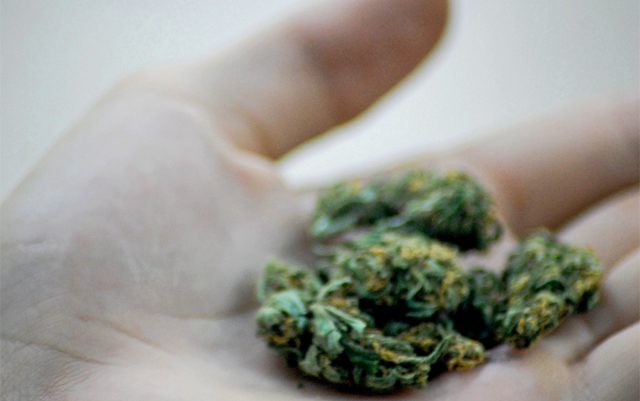As a professional pot pundit, I often ask myself how much I should cover prohibitionists. Am I spreading their message wider as I refute their points? Is that a good thing or a bad thing?
Most often I decide that what they say and do can be used as a teaching tool for those who may not pay as much attention to the issue as people like me do. This issue is my job and has been for almost 10 years. Not a single day has gone by in that time where I haven’t read something about cannabis, whether it be one article/story or ten. Few days have passed that saw me fail to write or broadcast something on the issue. But most people can’t devote tens of thousands of hours to an issue. If I can distill something for them in a small amount of time, then it’s worth it.
This brings us to a recent gathering of prohibitionists in West Virginia. Organized by U.S. Attorney for the Southern District of West Virginia Mike Stuart – a man as about as hostile to the notion of cannabis legalization as someone can be – the gathering featured several speakers, all of whom are anti-legalization.
Before getting into specifics, my overall take is that the group ignored all positive aspects of legalization while pushing minor points of negativity that are dubious to begin with.
For example, one speaker, Mourad Gabriel, spoke about how pesticides and poisons used to protect marijuana grows from pests and animals are harmful for the environment. Stuart then linked that to the looming destruction of West Virginia’s environment by the scourge of cannabis growing. “We’re a state that loves our outdoors,” he said. “You don’t get any more beautiful state than West Virginia. This is important to all of us. I think it’s surprising to people, and I just didn’t know.”
In that one quote, marijuana legalization is linked to environmental destruction, a fine piece of hysterical fear-mongering if ever there was one. But not only does that sort of problem arise from illegal marijuana grows, it is a problem that is remedied by legalization.
Under legalization, grows will become more large-scale and therefore more protected; in fact, much of the future’s legal marijuana will be grown in sterile conditions indoors. What is grown outdoors will be fenced in or in a greenhouse, not out in the woods, often on federal land in places like California, as we see under prohibition.
Legalization is also bringing all kinds of safe pesticides to the market as consumers demand more pure products and regulations restrict the harmful pesticide market. What Mr. Stuart and his friends are advocating for is a continued illegal market in WV and all that comes with it.
Our old friend former Colorado U.S. Attorney for Colorado Robert Troyer was also at the gathering. He warned against West Virginia following Colorado’s “grand experiment” of marijuana legalization before saying that one of the reasons he thinks this is that there was some confusion over the law when it comes to employees using medical marijuana in Colorado. In other words, people shouldn’t be allowed the choice of medical marijuana because there might be some paperwork problems at work. A real problem to be sure for those who encounter it, but is it a big enough deal to deny tens of thousands of people in a state relief and a better quality of life?
There were more speakers, but you get the point: legalization bad, illegal/unregulated market good.
Do you agree?







Until the obstructionist regulations, unfair licencing, onerous taxing, and location limitation stops, I for one am grateful for the street market. It at least is unencumbered. As for the prohibitionists, they are a collective Don Quioxte tilting at windmills. Their relevance is diminishing by the day.